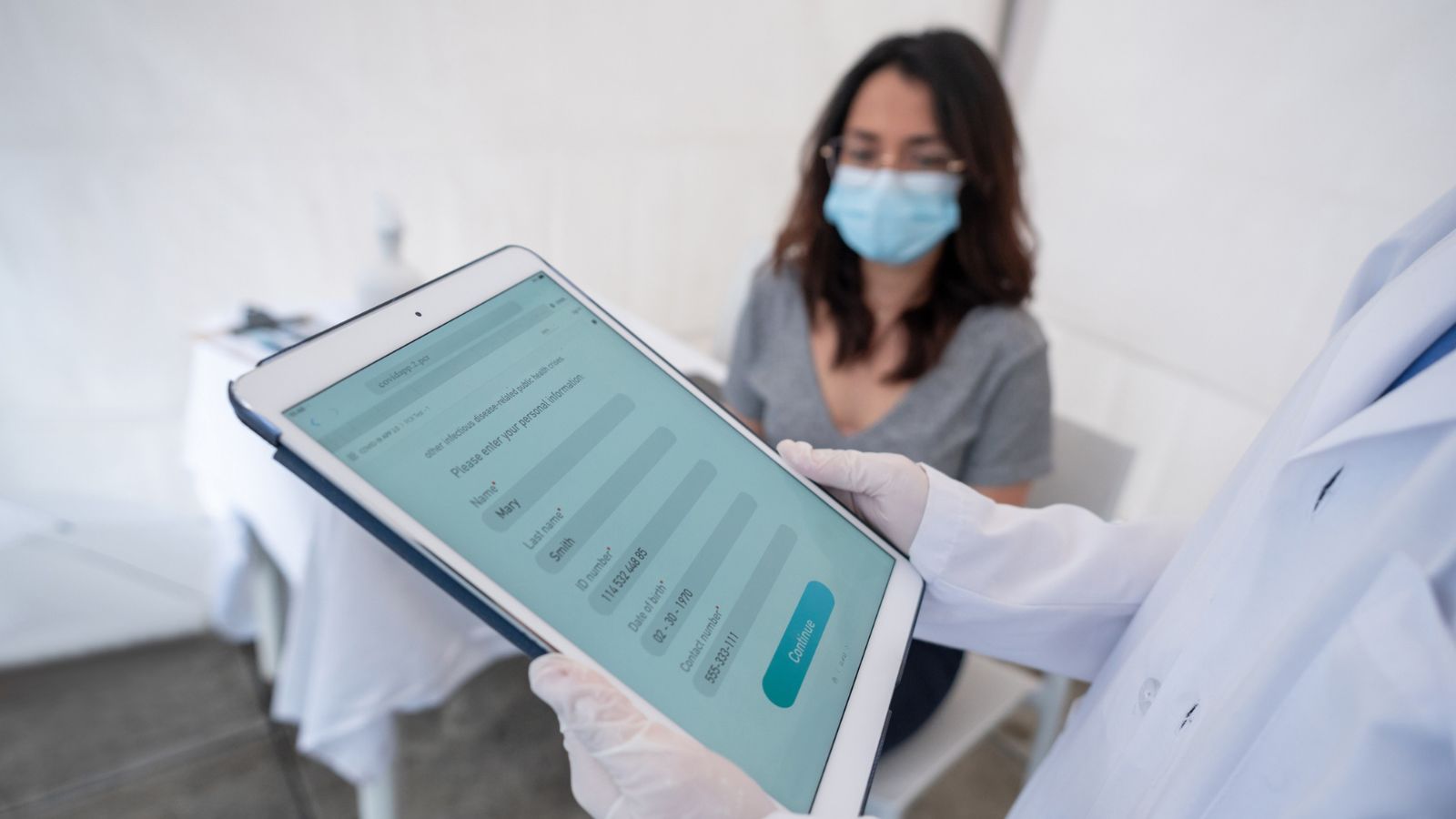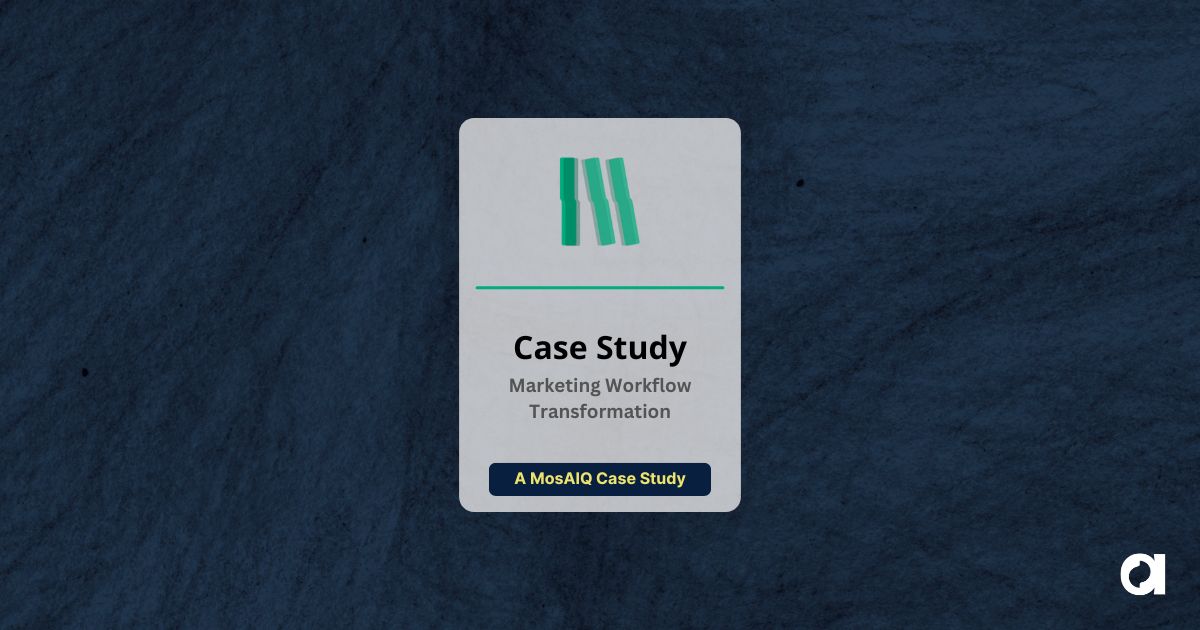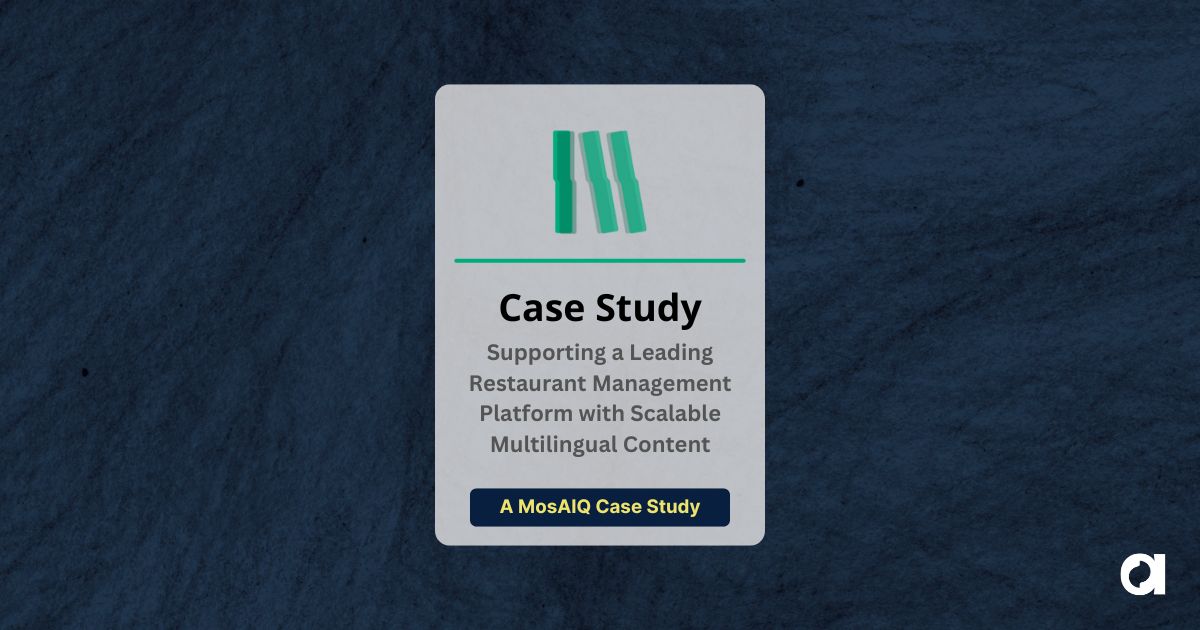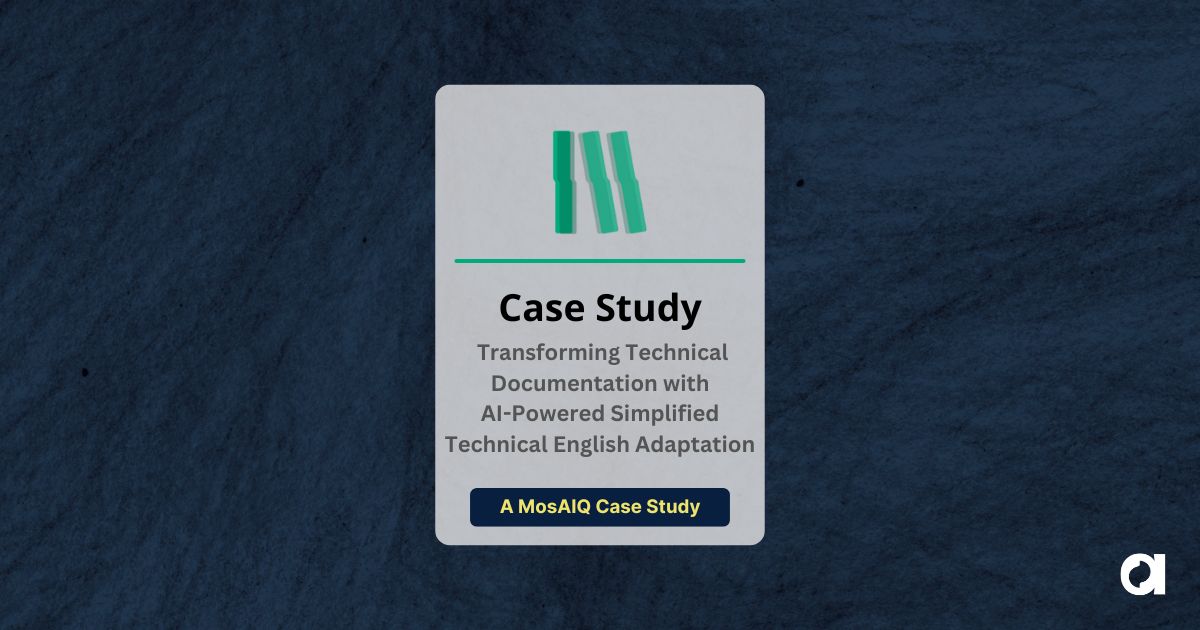Electronic Product Information (ePIs) are digital versions of paper product information and documentation relating to medical devices, pharmaceuticals, and other healthcare-related products. They’re designed to provide healthcare professionals, patients, and consumers with accessible, up-to-date, and comprehensive information on the use, safety, and efficacy of products.
With 24 official languages in the EU, translating and localizing ePIs is crucial for compliance. The goal of translation is not merely to convert text from one language to another, but to ensure that all information is culturally and contextually accurate for each market. This precision in translation and localization directly impacts patient safety, ensuring that users can understand usage instructions, warnings, and contraindications, thereby reducing the risk of misuse.
Accurate ePI translations are also pivotal to meet regulatory standards. Any error can lead to non-compliance and potentially strong legal and financial repercussions for manufacturers. ePIs are an essential component of regulatory compliance efforts in various regions, including the European Union’s Medical Device Regulation (MDR) and In Vitro Diagnostic Regulation (IVDR).
The role of translation and localization in developing ePIs is a fundamental component of the compliance process, ensuring that products can be safely and legally marketed across regions.
Unique Challenges for ePI Translation
Translating ePIs for pharmaceuticals and medical devices presents unique challenges that go beyond simple language conversion.
Sophisticated Terminology and Linguistic Nuances: The medical and pharmaceutical fields are characterized by their own complex vocabularies. Accurate translation of these terms is paramount, as any deviation could compromise patient safety due to the misuse of medical products. This challenge is compounded by language structure variations and the potential for multiple interpretations of technical terms, requiring translators to navigate these intricacies carefully to maintain the integrity of the information.
Regulatory Alignment and Market Access: Each market operates within its own regulatory framework, dictating the approval, sale, and use of medical products. Translators must, therefore, possess a strong linguistic ability and a comprehensive understanding of these regulations to ensure that translated ePIs are compliant, thereby safeguarding market access and avoiding legal pitfalls.
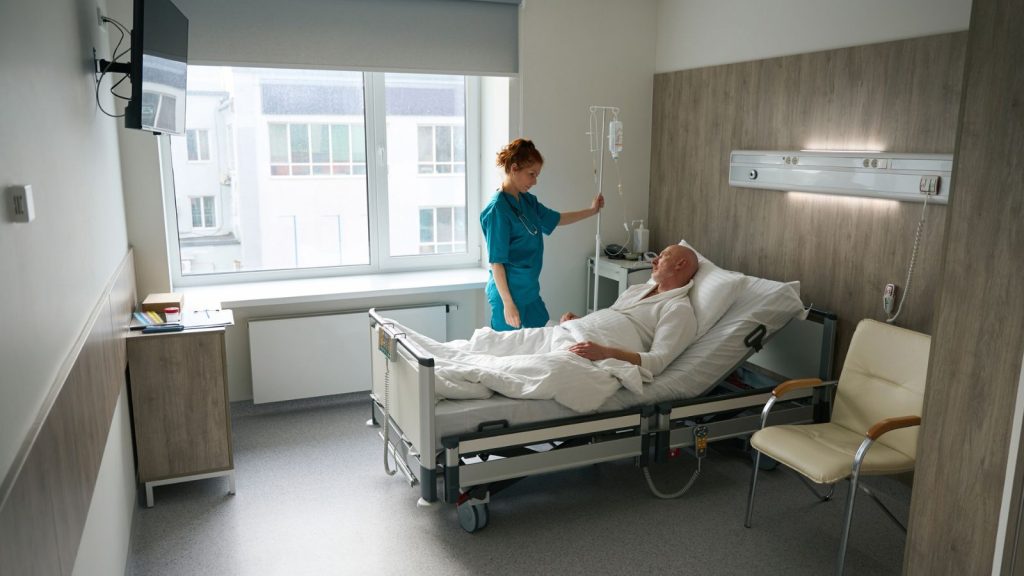
Cultural Appropriateness and Engagement: Effective communication requires more than accuracy; it demands cultural resonance. Translators must consider local customs, health literacy, and socio-economic factors that influence the reception and application of medical information. This includes adapting content to reflect cultural contexts and ensuring that compound words and technical expressions are translated in a way that retains their intended meaning without ambiguity.
Addressing these challenges requires a sophisticated approach to translation and localization, involving highly trained linguists with specific domain knowledge in the life sciences sector, as well as a deep understanding of the regulatory and cultural nuances of each market.
Translating and Localizing ePIs: A Few Best Practices
Translating and localizing ePIs requires a strategic blend of technology, expertise, and patient-focused communication. Following a few best practices can ensure localized ePIs are accurate while remaining compliant and meaningful to global audiences:
Technology and Automation Integration: Utilize cutting-edge translation technologies to streamline the management, control, and execution of translation tasks. Tools such as Computer-Assisted Translation (CAT), terminology management systems and a Translation Management System (TMS) are instrumental in maintaining linguistic consistency and accelerating the translation workflow, helping to align with stringent regulatory timelines with multilingual demands.
Prioritizing Patient Needs: Central to the development of ePIs is the focus on patient understanding and engagement. Information should be presented in a manner that is both accessible and thorough, empowering patients to make well-informed healthcare decisions. This patient-centric approach supports better health outcomes and contributes to the overall efficiency of the healthcare ecosystem.
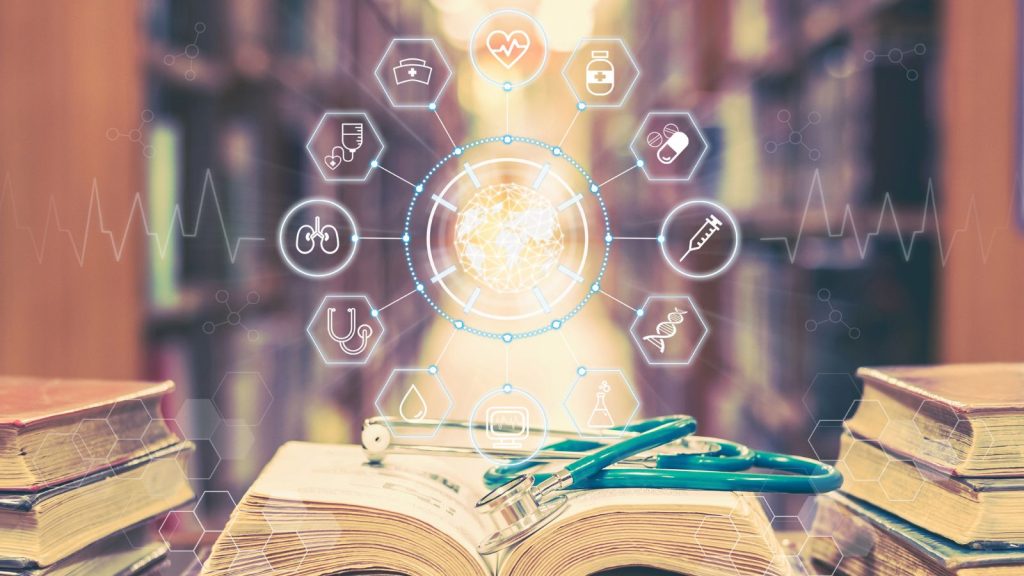
Uniformity Across Platforms: Establishing standardized formats for ePIs across regions and digital platforms supports universal understandability and accessibility. This consistency aids public health initiatives and regulatory bodies by simplifying the cross-border exchange of medical information.
Tailored Solutions: Recognize and address the diverse needs within the healthcare ecosystem. Customizing ePI solutions for specific regional, provider, and patient requirements ensures that the information meets the varied expectations of different stakeholders.
Specialist Translators: Employ linguists with both proficiency in the target language and expertise in the life sciences. This specialized knowledge is essential for ensuring that translations are high-quality and tailored to the medical content, thereby maintaining the integrity and efficacy of the ePI.
Global Health Literacy: Customizing ePI content to varying levels of health literacy across populations is a nuanced aspect of localization. This involves simplifying complex medical information without affecting its accuracy or regulatory compliance and allowing the information to be effectively communicated in multiple languages.
These best practices can help stakeholders effectively manage the translation and localization of ePIs, ensuring that these critical documents remain accessible, accurate, and compliant with international standards.
Moving Forward
Given the complexity of translating and localizing Electronic Product Information (ePIs), professional language services are an indispensable part of this process.
For life sciences and medical device companies looking to grow globally, partnering with the experts at Argos Multilingual ensures that your products meet the highest quality standards and compliance requirements. Embrace the opportunity to elevate your global presence and safeguard patient health by contacting Argos today.
 Argos Multilingual
3 min. read
Argos Multilingual
3 min. read
San Francisco (CA), May 23, 2024 Argos Multilingual, a global content solutions market leader, has unveiled the Argos AI Maturity Model, or AIMM. The model is a research-backed evaluation matrix for enterprises wishing to assess their AI positioning and measure their progress toward realizing AI’s transformational potential. This publication marks the next evolutionary step in […]

 Argos Multilingual
2 min. read
Argos Multilingual
2 min. read
We have just launched our flagship research publication, the “Beyond the Hype: State of AI in Localization in 2024” report. This publication is the latest result of Argos’ efforts to offer world-class tech-centric advisory to its clients. It aligns with the company’s commitment to expand its services via value-added, AI-powered solutions. The State of […]







